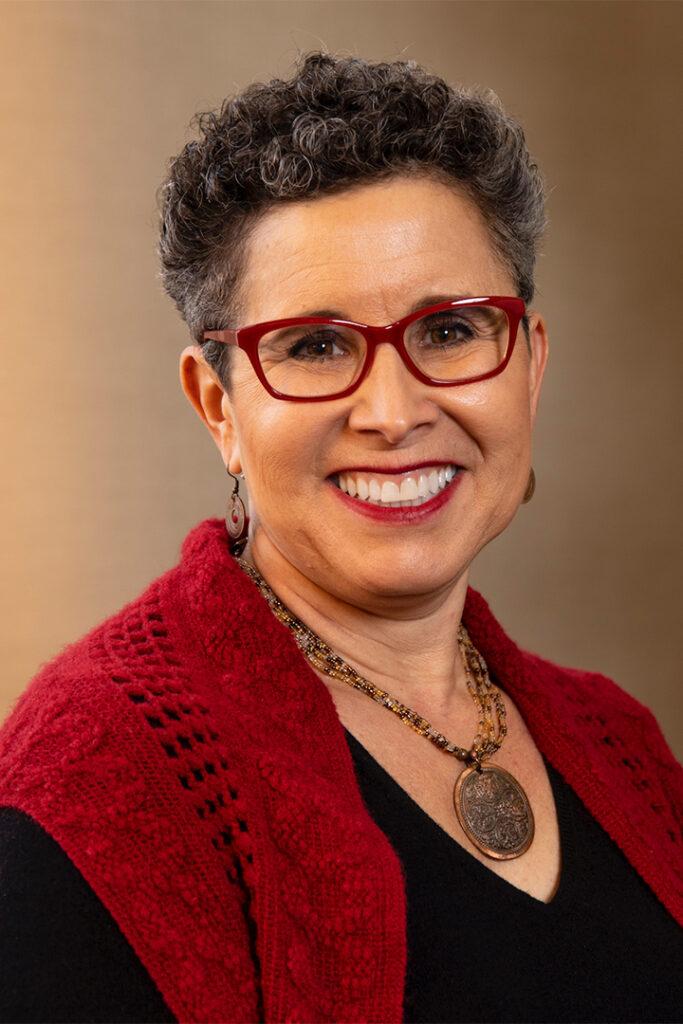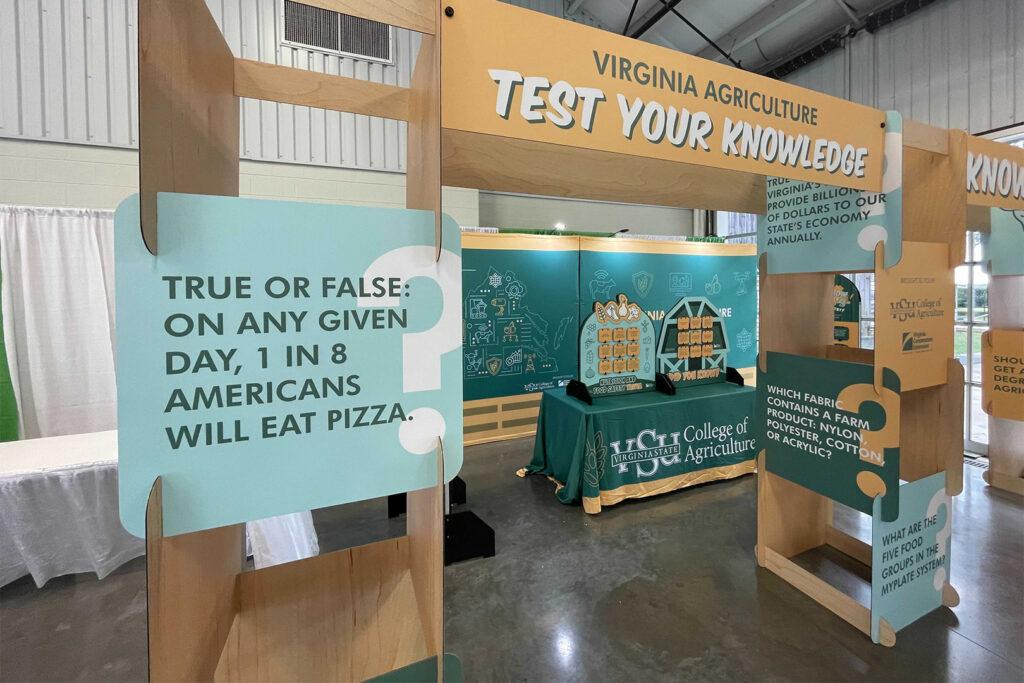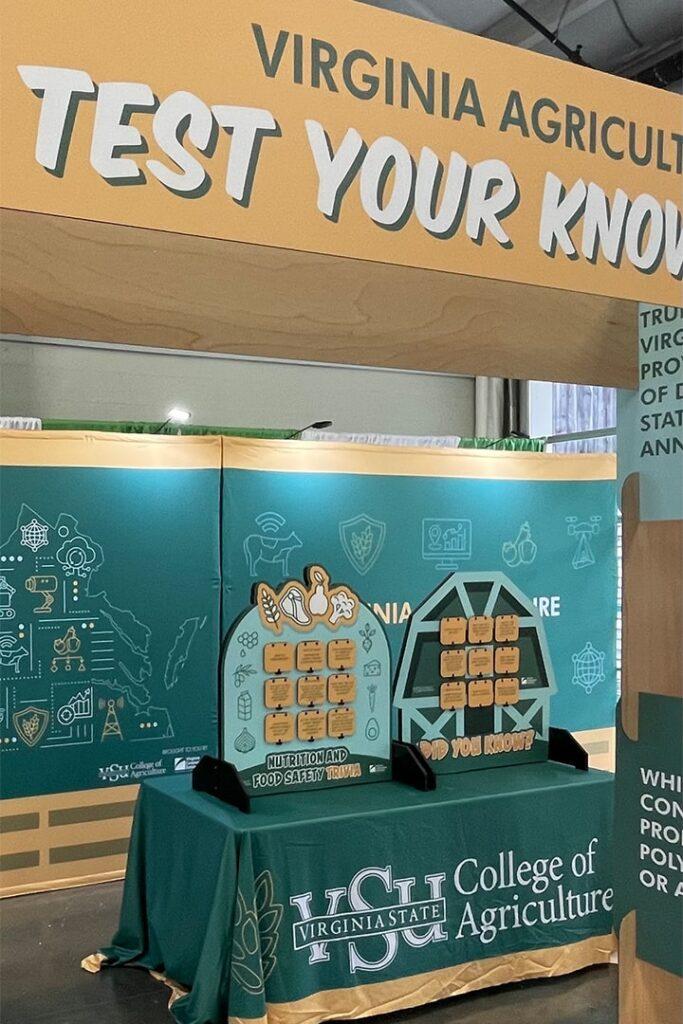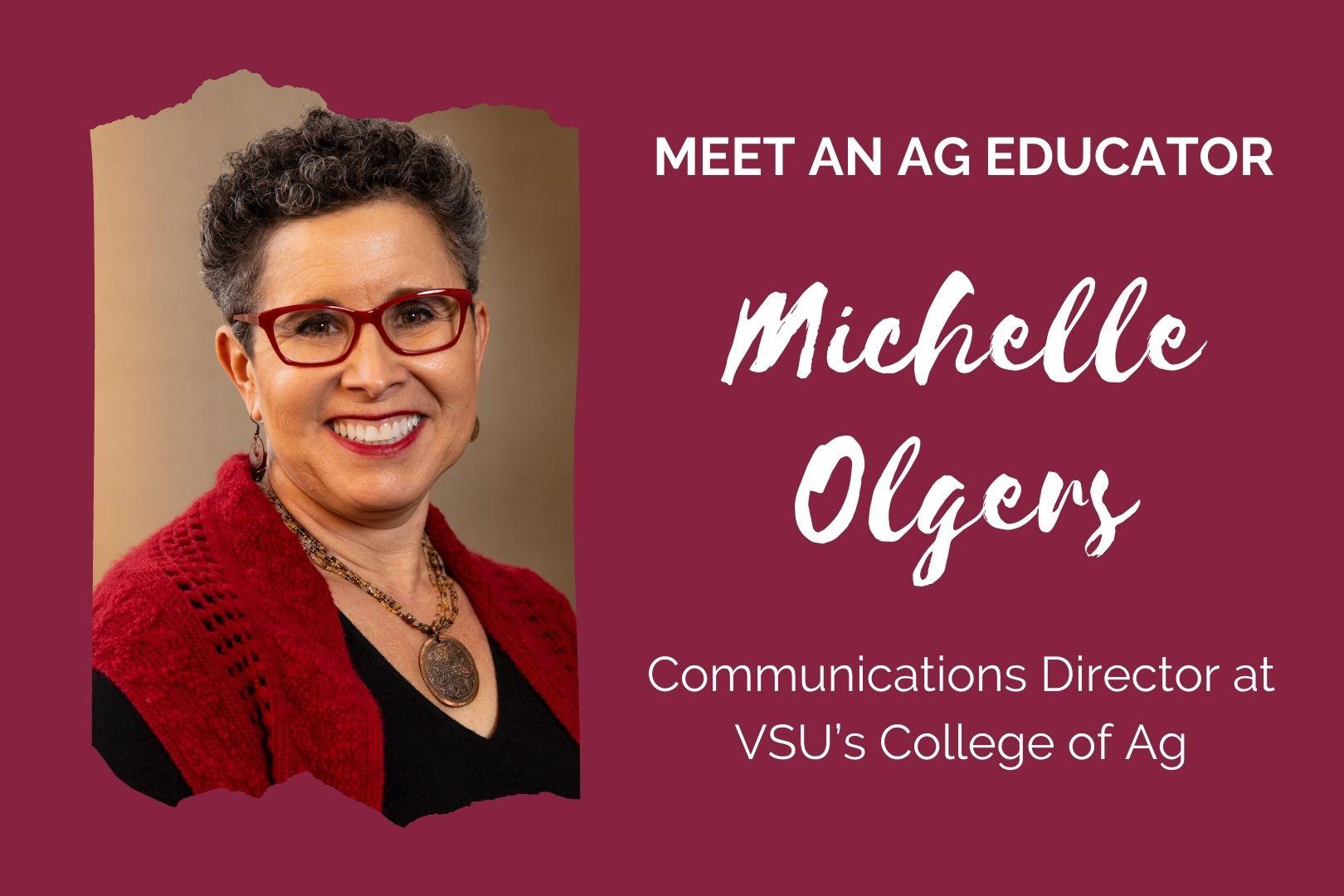
Happy New Year and welcome to 2022! This year, we’re launching a new blog series of interviews with some of our clients. You’ll get to hear from fellow ag educators about their challenges, the helpful solutions they’ve found, and their personal journeys with ag education.
First, we had a conversation with Michelle Olgers, who helps run the ag extension office in Virginia. Extension offices are unusual in the world of ag education: their audiences include not just consumers, but also farmers. Michelle touched on that in our conversation, explaining how consumer-focused education differs from the other work of an extension office. She also talked about what extension education involves, and her own experiences as a hobby farmer.
Exhibit Farm: Could you tell us what your role is, exactly?
Michelle Olgers: Sure, I’m the Director of Marketing and Communications for Virginia State University College of Agriculture. I coordinate messaging and marketing for the Virginia Cooperative Extension program at VSU, as well as the agricultural research station at VSU.
EF: What does your day-to-day work involve?
MO: So the College of Agriculture is made up of three departments: one of them is Academics, and the other two are Extension and Research. And just Extension and Research fall under me, as far as marketing/communications goes. The bulk of my work falls under Virginia Cooperative Extension.
I work with a lot of very smart people who generate tools and offer workshops that can help the people of Virginia lead more profitable and healthy lives. So then I help them connect with the audiences that need and want their information.
EF: What is the main goal of the Extension Office’s education efforts?
MO: Virginia Cooperative Extension is managed by the two land-grant institutions in Virginia, Virginia State University and Virginia Tech. Our missions are a little bit different [in terms of] subjects and audience. We’re both funded by USDA NIFA (National Institute of Food and Agriculture), but we [at VSU] specifically get our money to target the issues and people that make up the limited-resource and socially-disadvantaged audiences of Virginia.

Tech focuses more on big agriculture. And so they have a robust program on beef and dairy cows, because the big-scale producers tend to deal with cows. But we focus more on the small ruminants, which are goats and sheep, ‘cause [that’s what] more small-scale producers deal with.
Similarly, we don’t deal with commodity crops such as corn or soybeans. We focus on niche crops that may be profitable to Virginia’s small farmers, like berries or ginger.
And then as far as demographics goes, as I said earlier, we focus on the issues that affect limited-resource and socially-disadvantaged populations. So [both colleges] have a 4-H program, but we focus our 4-H program largely on inner-city youth and minorities. There’s great overlap, but if I were to just draw broad brushstrokes, that would be how we differentiate our services.
EF: Can you briefly describe the State Fair booth we built for y’all? And explain how it relates to your other education efforts?
MO: We created that new exhibit primarily for a general audience. Usually we educate people about VSU College of Agriculture, specifically Extension and Ag Research. But at an event like the State Fair of Virginia, where it’s [the general public] attending, we thought it might be best to step back a bit and talk about agriculture in general.
So we took it back to ground zero. Instead of jumping ahead to, “Look at VSU and all the things we could do for you,” we asked, “Have you even thought about how food gets to the table? Or how you can get food more sustainably or safely?” It was geared to the general consumer, not the professional. And it was geared to all ages, and it was geared to be fun.
And in addition, we threw in some facts about food and food safety. [For instance,] a lot of people think you should wash your poultry before you eat it. The CDC definitely recommends to not do that, because yeah it might have some contaminants, but those will probably be killed off when cooking. Meanwhile [if you wash it] in your sink, you’re spreading that to everything else. We just wanted people to think.

EF: So what’s your story of how you became an ag educator?
MO: Wow, so really I’m not. I’m a marketing and communications professional; this gig in the ag world is only seven years old. However, it just so happened that I’m a hobby farmer and I’m pretty passionate about ag. So when I saw this job come up, I though, “oh my gosh, this is absolutely perfect!”
It’s been great, because I get to use my skill set and my experience in an environment that’s fun for me. Having a little bit of a [farming] background helps me understand my colleagues, especially in ag research, which can be kind of complicated. I’m often translating their information into something the general public will (a) care about and (b) understand. So it’s a match made in heaven for me.
EF: That does sound like a perfect fit! So what do you raise or grow?
MO: It’s varied over the years. Right now, I’ve got about 40 grapevines, but they’re all table grapes, they’re not for wine. I have a backyard garden. And then depending on the year and how bad the predators are, I’ve got between 100 and 200 chickens for eggs. And right now I just have two alpacas and a donkey, but over the years I’ve raised a variety of types of goats. We’ve also raised a few hogs and some sheep. I bet I haven’t made one cent on any of it, but it’s been fun. It’s very rewarding.
